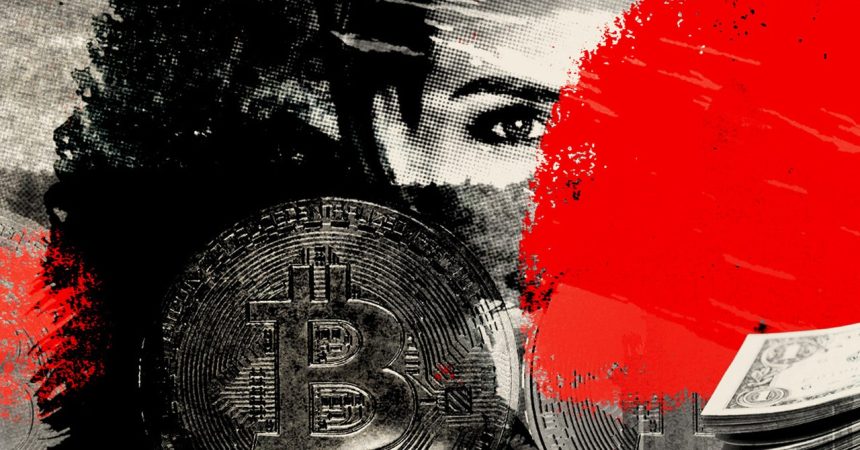In a recent announcement, the U.S. Department of the Treasury’s Office of Foreign Assets Control (OFAC) has imposed sanctions against several individuals and companies linked to a financial network led by an individual identified as Rossi. Among those sanctioned are Elena Chirkinyan, described as Rossi’s “second in command,” and Andrej Bradens, who is also known by the surname Carenoks. The sanctions extend to four companies associated with Rossi and his organization, TGR: TGR Partners Ltd, TGR Corporate Concierge, TGR DWC LLC, and Siam Expert Trading Company Ltd. These entities purportedly offer a range of services, including financial consulting and events management, but there are substantial concerns regarding their potential involvement in facilitating the laundering of illicit funds.
According to information provided by law enforcement agencies, TGR appears to operate as an interface for channeling illicitly acquired funds into the formal banking system, even in jurisdictions considered risky for such activities. Notably, Chirkinyan is accused of helping to transfer funds from RT, a Russian state media entity already sanctioned by many Western countries. These funds were allegedly funneled to support a Russian-language media organization operating in the UK in 2023. This development underscores the broader implications of TGR’s operations, indicating that they may play a critical role in the financial infrastructure facilitating certain geopolitical narratives and influences.
The companies named in the sanctions are believed to be only a small fraction of a larger, complex network tied to the brand. Historical records reveal that TGR Partners has claimed partnerships with businesses in multiple countries, including the UK, Singapore, and various European jurisdictions. However, the current iteration of their website lists only the UK and UAE, hinting at possible efforts to distance themselves from scrutiny. Additionally, TGR Corporate Concierge has undergone name changes, indicating a possible strategy to evade regulatory oversight and maintain operations despite sanctions. A detailed investigation suggests that multiple entities associated with TGR share common phone numbers, legal addresses, and even similar design templates for their websites.
Moreover, Bradens has been linked to Pullman Global Solutions LLC, a Wyoming-based company in which he holds at least a 50 percent stake, further emphasizing the intricate web of connections among these businesses. Requests for comments from Rossi and Bradens have gone unanswered, reflecting either a strategic silence amidst the unfolding controversy or genuine unavailability for public discourse. Chirkinyan’s inability to be reached for comment also raises questions about transparency and accountability within this financial network.
A further examination of TGR’s public presence reveals a disturbing lack of detailed information regarding their operations. Many of the websites associated with TGR consist of generic text and standardized content, rather than specific descriptions of services offered. The TGR Partners website features peculiar blog posts discussing subjects unrelated to their purported business activities, including lists of expensive wines and virtual museums, which suggests a disconnect between their claimed business focus and the actual nature of their operations.
Experts in financial crime suggest that such a website design could indicate traditional money laundering tactics, wherein new businesses are created with misleading or irrelevant online personas to obscure criminal activities. The strategic presentation of TGR as a legitimate enterprise, despite the sanctioned status of its figures and companies, illustrates the complexities of navigating the global financial landscape riddled with potential illicit activities. This situation presents a compelling case study of how financial networks might operate under the veil of legitimate business practices while facilitating the movement of illicit funds and engaging in activities that challenge regulatory frameworks.



